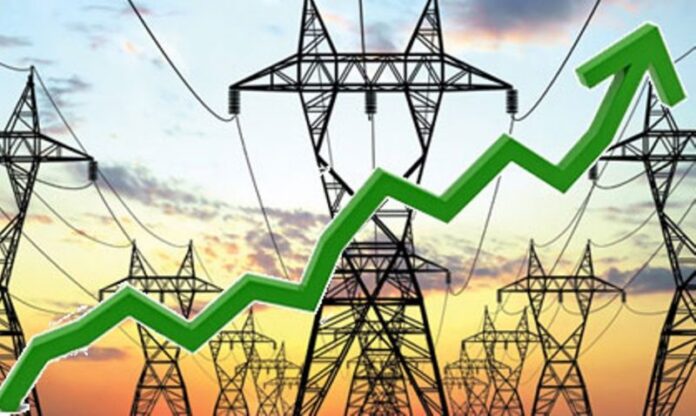By PANA
President Macky Sall has generously dedicated the International Conference Centre Abdou Diouf to host the MSGBC Oil, Gas & Power 2021 event.
The event will gather energy business and political leaders from across the continent to explore energy opportunities in West Africa, with a narrative defined by the energy transition.
Senegal positions itself as the central hub for the region’s energy industry and invites global investment in all forms of energy.
The first ever MSGBC Oil, Gas & Power conference and exhibition will unite leaders from Senegal, Gambia, Guinea-Bissau, Guinea, Mauritania and the wider West Africa region with global energy dealmakers in Dakar on October 26-27.
The event kicks off a new era of regional cooperation and integration in the energy sector, with national governments pushing for quicker and more efficient development of energy resources throughout the MSGBC basin and the wider region, from hydrocarbons to renewables and power access and reliability.
“Africa Oil & Power recognizes the changes taking place in the industry. We are set to use our innovative platform and run an aggressive campaign for investment that moves the industry forward” said Renée Montez-Avinir, Managing Director of the organizer Africa Oil & Power (AOP).
“We are lucky to have the support of the governments of the region and the investor community and over the next months, we will drive deal making into the region.
Also important is bring international and regional players for a dialogue about the MSGBC’s energy industry and the region’s energy mix,” she concluded.
MSGBC Oil, Gas & Power 2021, organized under the auspices of H.E. President Macky Sall and in partnership with the Ministry of Petroleum and Energy of Senegal, COS-Petrogaz, Petrosen, and various US and global energy industry and investor associations, will represent a unique opportunity for business and political leaders to understand the full scope of investment opportunities present in the energy sectors of Mauritania, Senegal, Gambia, Guinea-Bissau and Guinea, as well as Côte d’Ivoire, Algeria, Morocco and Niger.
Morocco and Algeria are pushing for strong diversification of their energy matrices, betting on several multi-million-dollar solar developments to complement gas-based power generation and ongoing hydrocarbons development.
Senegal’s onshore gas project operated by Fortesa for the past 18 years has opened the way for similar onshore gas utilization projects across West Africa and local content empowerment.
Niger’s pipeline connection to Benin will open new synergies in the Sahelian energy landscape and allow for Niger’s oil to reach global markets.
Targeting 43 percent of renewables in its energy matrix 2030, Côte d’Ivoire offers extensive opportunities for investment, particularly in hydropower.
Guinea has implemented a strong hydrocarbons policy as well as an attractive legal framework to entice new entrants, while it has sought to acquire new data for its acreage.




